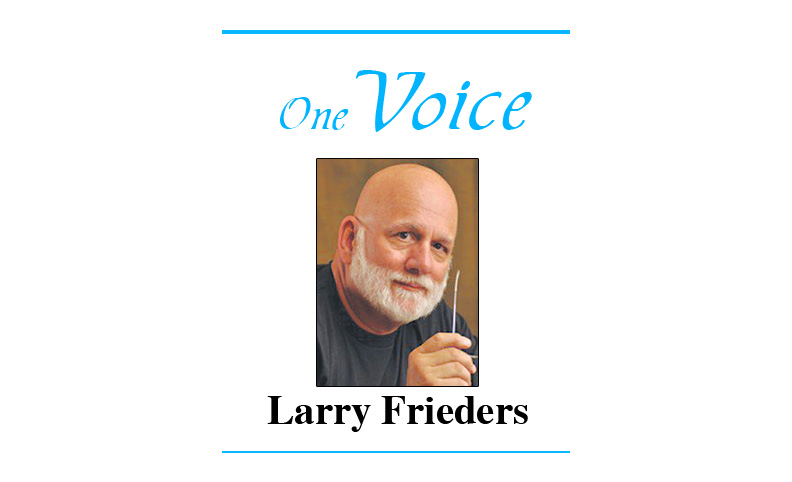
Risk is a relative term that applies to groups, not individuals. If all is held equal in a group, changing one element can increase or decrease overall risk for the group, but not the risk to each individual who makes up that group.
What’s the point in making a change that can lower the risk of disease by five percent for a group? If there are 1,000 persons in the group, that change could mean better odds for 50 persons. But, which 50? The reduction is true only when every member in the group is similar to the others, and everyone in the group makes the same change.
Something as simple as a minor accident can change a person such that he/she no longer possesses the characteristics of the original group. If I do something to reduce my personal risk factors (eating better, for example) and the other group members do something to increase their risk (start smoking?), the group risk might go up, but my risk may decline, especially when I do healthier things because I’ve left an unhealthy group. Persons regularly change groups, intentionally and accidentally.
The concept of risk factors is bogus and should be eliminated from health discussions. In place, we need to decide for ourselves what life we will lead and how we will react when things don’t go the way we expect. For example, if Person A decides to eat well, drink clean water, avoid processed food, eat organic, exercise, and not take drugs, what will that person do at age 70 if a lab test tells her she has a serious disease? Will she change her diet? Will she seek drugs, surgery, or radiation treatments that might work? Will she live as happily as possible or dwell on the possible negative aspects? Those are all choices that she ought to make for herself. Although she may consult others and seek their input, the final choice must remain hers alone.
This fact is important. Nobody legitimately can tell me what I can think or do. Also, they may not abandon me when my decision is different from their decision. This situation is what historically has been referred to as liberty. People have fought and died for our liberty, yet modern medicine seems bent on forcing all of us into regimens they feel are best for the greatest number of persons (drugs, vaccines, surgery, and radiation) – at the cost of severely reducing personal choice and autonomy.
Beliefs are fine. We all have them and, for the most part, they drive what we do, even when they aren’t true. When I’m free to have my beliefs, you will have yours.
One notable exception to the concept of personal liberty is the rights and responsibilities of parents to guide their children in the beliefs they want the child to have and.
Modern medicine seems to hold dear that the standard of care in a community, trumps all other approaches to health. That would be fine if the standard was helpful and good for everyone in the community. Some regular treatments have become medical standards. If you decide to accept those treatments because you believe that lowering the risk of the entire group somehow will protect you, go ahead. Respect, in kind, my decision to disagree.
Larry Frieders is a pharmacist in Aurora who had a book published, The Undruggist: Book One, A Tale of Modern Apothecary and Wellness. He can be reached at thecompounder.com/ask-larry or www.facebook.com/thecompounder.

